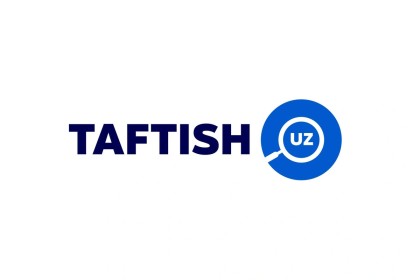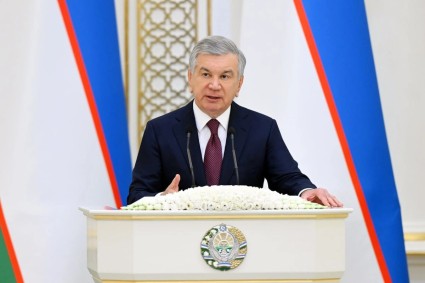The Bukhara oil refinery will begin to completely phase out the production of AI-80 gasoline from the beginning of 2025–± Odil Temirov, Deputy Chairman of Uzbekneftegaz in charge of refining said on the sidelines of the Energy Week in Tashkent on Thursday.
At the beginning of the year, Shavkat Mirziyoyev instructed Prime Minister Abdulla Aripov to resolve the issue of the final abandonment of AI-80 gasoline from 2025.
According to Uzbekneftegaz, after the modernization of the Bukhara oil refinery, it is planned to produce high-octane grades of gasoline AI-92 and AI-95 in volumes of 60% and 40%, respectively. All gasoline produced in a volume of over 1 million tons per year (initially planned 1.2 million tons) will comply with the Euro-5 environmental class, which will allow us to abandon the production of AI-80 of the Euro-2 class, the report says.
Odil Temirov reported that for parallel design work with the French company Axens, work has begun on a license agreement for the use of its technologies.
“They should complete the basic design by September. In parallel, we are working with a division of the Chinese CNPC (China National Petroleum Corporation), preparatory work is underway. We are carrying out work to phase out AI-80 gasoline separately; this is not connected with a major modernization [of the plant]. In November-December we will begin production of AI-91, AI-92 instead of AI-80, complete failure will begin at the beginning of 2025,” he said.
According to Odil Temirov, currently 85% of the Bukhara Oil Refinery’s production is AI-80 gasoline, and the remaining 15% is AI-92 gasoline. From November this proportion will begin to change.
He added that modernization work was underway out with CNPC as part of the president’s instructions following his visit to China. The project will also be financed by Chinese investments, he said.
A three-stage modernization project began in 2019. The project, developed by the South Korean SK Engineering, provided for reaching the design capacity for processing 2.5 million tons of oil and gas condensate and producing 1.2 million tons of Euro-5 gasoline, 200 thousand tons of jet fuel, 750 thousand tons of diesel fuel by the end of 2025 and 30 thousand tons of fuel oil annually.














